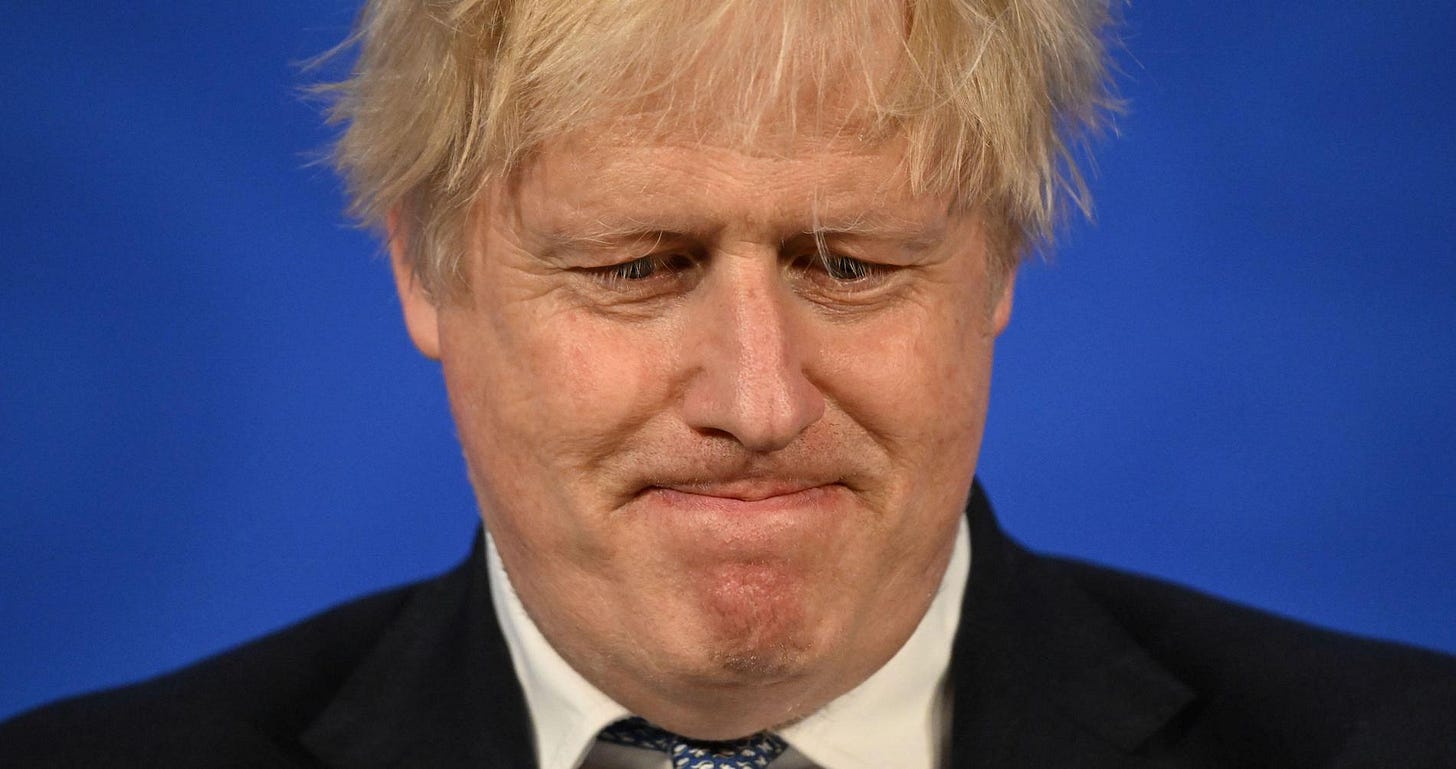The Johnson Code: How the Partygate scandal opened the door to Westminster's Hall of Mirrors
The Prime Minister says Partygate held up a 'distorted mirror' to his government and in some ways he is more right than he realises.
The first thing you notice when you start reporting on politics inside Westminster is the rules.
These are the people you can name and these are the people that you can’t. This part of the briefing you can report on now, but this part you will have to wait until later. Oh and this other part you can’t report on at all.
And if you want to go in there you will have to wear a jacket. And if you want to go over there instead then you will need a different pass. And don’t even think about taking a picture in here. And make sure you don’t sit over there because I’ve been sitting there for 20 years.
Some of these rules are written down and some are not. But the cumulative effect of them all is to make you feel like an interloper, or outsider, in your own workplace.
For some people this is part of the appeal. For those who have been to elite private or boarding schools, the faded, shabby and claustrophobic atmosphere of Westminster may feel familiar and reassuring and the fact that most people feel completely excluded from it may even make them feel more at home.
And for some, the unfamiliar eventually becomes the familiar and the outsider becomes the insider. But for me at least that feeling of being somehow caught out in the wrong place has never completely gone away.
I was reminded of this feeling when covering the fallout from the Sue Gray report this week.
Keep reading with a 7-day free trial
Subscribe to Folded with Adam Bienkov to keep reading this post and get 7 days of free access to the full post archives.



